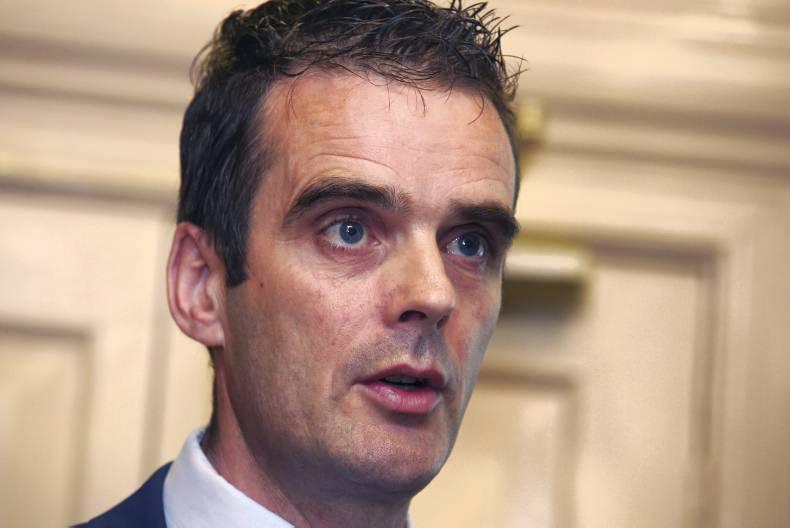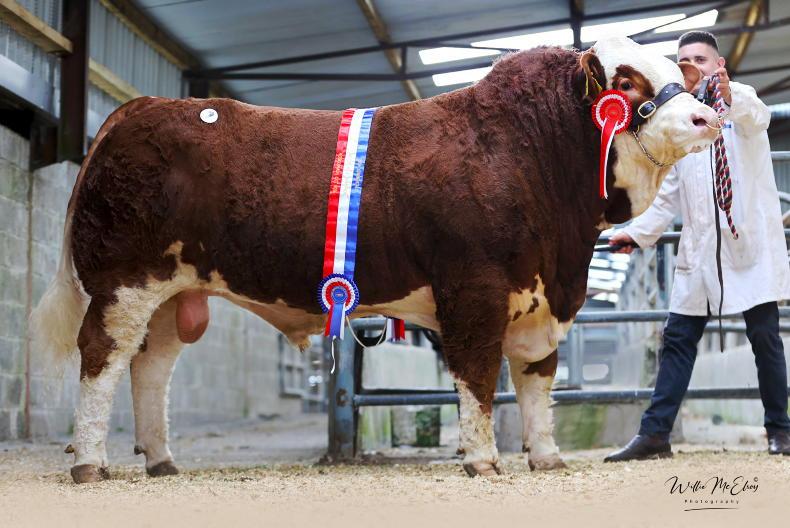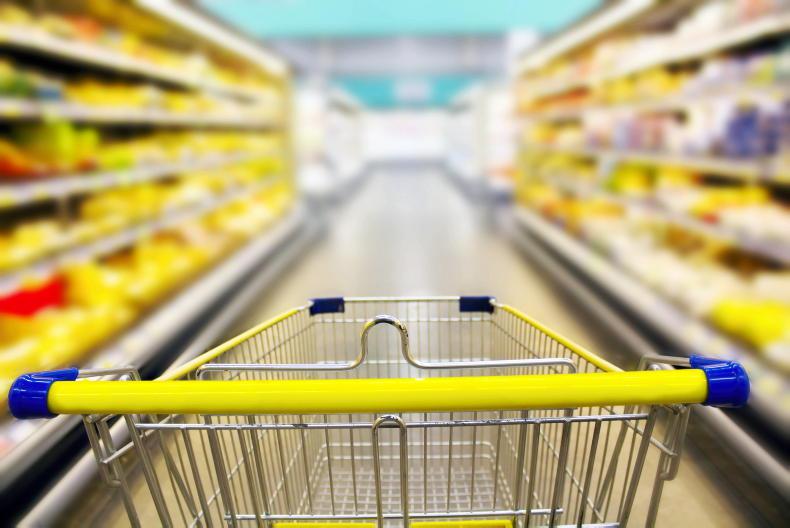While expressing disappointment at the outcome of the UK referendum, Healy has emphasised the need for the Irish government to immediately take decisive steps to allay the concerns in farming and the agri-food sector about the implications of this vote.
"The outcome of the UK vote has major implications for Irish agriculture and the agri-food sector. The Government must give a clear signal that the issues of major importance to this sector, our trading relationship with the UK and Northern Ireland and and the EU budget, will be central to the EU-UK negotiations.
"Minimising uncertainty and setting out a clear strategy on the next steps is a priority," he said.
ICOS president Martin Keane said that Irish agriculture now faces two challenges, and panicking is not "an appropriate response."
"We must deal with the immediate uncertainty in currency and other markets, and we must then apply ourselves to securing the most positive post Brexit arrangements possible.
"We need Central banks to bring some stability to currency markets, and we all need to work with the Government and other authorities during the transition period, which will last a number of years.
"Panic or over reaction is not an appropriate response to this new reality; there is a job of work to be done, which will require the combined focus and effort of Government and industry," he said.
Agriculture in jeopardy
Agricultural Science Association (ASA) president Neil Keane also expressed his dismay, saying he was "extremely disappointed" that the UK has voted to leave.
"Ireland and the EU has a long-standing and mutually beneficial relationship with UK agricultural scientists, one that has fostered an unprecedented spirit of co-operation and collaboration, particularly in relation to the sharing of knowledge and resources. I sincerely hope that this will not be jeopardised by the UK's exit from the EU.
"The UK remains an important scientific collaborator, contributor to the agricultural science knowledge base, and trade partner, and I would urge politicians and officials on all sides to ensure that exit talks and subsequent national agreements take into consideration the need to maintain these vitally important scientific links well into the future," he said.
Special treatment
Independent MEP Marian Harkin says that Ireland must get special treatment.
"The close economic relationship between Ireland and the UK requires that the EU should have special regard from that connection in any decisions taken as negotiations on leaving develop.
"The vote to leave poses a major challenge to Ireland’s economy as it emerges from the trauma of recent years and the EU owes Ireland special consideration in any conditions governing the exit of the UK," she said.
Harkin stressed in particular that there should be no reinstatement of border controls which would adversely affect economies on both sides of the border.
Fianna Fáil leader Micheál Martin said that Ireland's focus now must be to minimise the damage caused by this result.
"At the upcoming Brussels summit the Taoiseach should insist that Ireland be fully involved in the negotiations on the terms of Britain’s exit and that provision be made for regions particularly badly hit by the economic consequences," he said.
Read more
Implications for Irish agriculture as British cast a Brexit ballot
Full coverage: Brexit
While expressing disappointment at the outcome of the UK referendum, Healy has emphasised the need for the Irish government to immediately take decisive steps to allay the concerns in farming and the agri-food sector about the implications of this vote.
"The outcome of the UK vote has major implications for Irish agriculture and the agri-food sector. The Government must give a clear signal that the issues of major importance to this sector, our trading relationship with the UK and Northern Ireland and and the EU budget, will be central to the EU-UK negotiations.
"Minimising uncertainty and setting out a clear strategy on the next steps is a priority," he said.
ICOS president Martin Keane said that Irish agriculture now faces two challenges, and panicking is not "an appropriate response."
"We must deal with the immediate uncertainty in currency and other markets, and we must then apply ourselves to securing the most positive post Brexit arrangements possible.
"We need Central banks to bring some stability to currency markets, and we all need to work with the Government and other authorities during the transition period, which will last a number of years.
"Panic or over reaction is not an appropriate response to this new reality; there is a job of work to be done, which will require the combined focus and effort of Government and industry," he said.
Agriculture in jeopardy
Agricultural Science Association (ASA) president Neil Keane also expressed his dismay, saying he was "extremely disappointed" that the UK has voted to leave.
"Ireland and the EU has a long-standing and mutually beneficial relationship with UK agricultural scientists, one that has fostered an unprecedented spirit of co-operation and collaboration, particularly in relation to the sharing of knowledge and resources. I sincerely hope that this will not be jeopardised by the UK's exit from the EU.
"The UK remains an important scientific collaborator, contributor to the agricultural science knowledge base, and trade partner, and I would urge politicians and officials on all sides to ensure that exit talks and subsequent national agreements take into consideration the need to maintain these vitally important scientific links well into the future," he said.
Special treatment
Independent MEP Marian Harkin says that Ireland must get special treatment.
"The close economic relationship between Ireland and the UK requires that the EU should have special regard from that connection in any decisions taken as negotiations on leaving develop.
"The vote to leave poses a major challenge to Ireland’s economy as it emerges from the trauma of recent years and the EU owes Ireland special consideration in any conditions governing the exit of the UK," she said.
Harkin stressed in particular that there should be no reinstatement of border controls which would adversely affect economies on both sides of the border.
Fianna Fáil leader Micheál Martin said that Ireland's focus now must be to minimise the damage caused by this result.
"At the upcoming Brussels summit the Taoiseach should insist that Ireland be fully involved in the negotiations on the terms of Britain’s exit and that provision be made for regions particularly badly hit by the economic consequences," he said.
Read more
Implications for Irish agriculture as British cast a Brexit ballot
Full coverage: Brexit









SHARING OPTIONS